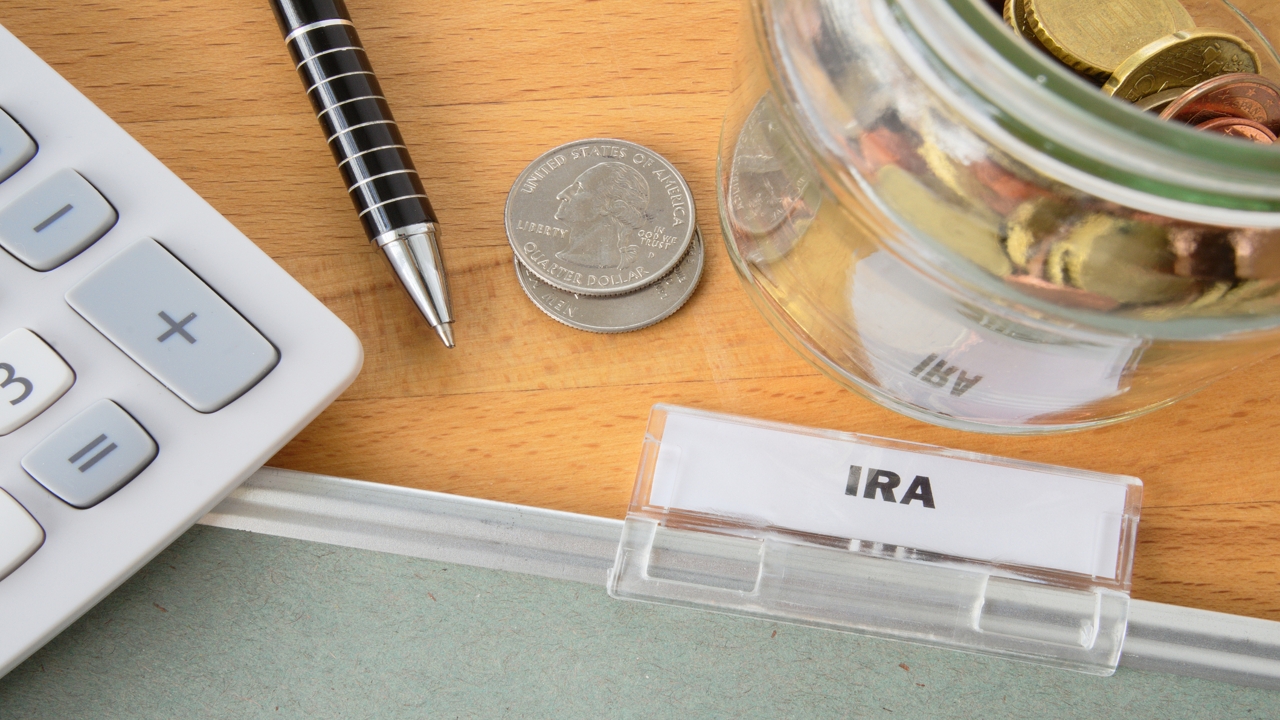
Are you exploring the option of withdrawing some amount from your IRA prematurely? Perhaps you ought to go through this article to learn more on the penalties for an early withdrawal and how you can avoid it.
Provisions such as the individual retirement account (IRA) exist in most countries around the world. The objective of it is that post your retirement, once your sources of income have dried up, you do not want to end up stranded with no money. Therefore, in the United States, the IRA has been created to provide a source of funds to the people, once they have retired.
Early Withdrawal Penalties
Often it may happen that you’re short of cash and you wish to not sell any assets to raise some money. And the lenders are also unrelenting in parting with their funds for your benefit. In such cases, the only source of income left for you to cover the expense which you might be incurring is the IRA. An early withdrawal basically means that you are taking out money before the age of 59½ years.
The penalty for such a withdrawal is an additional 10% tax over and above the present tax that you are paying. The Roth IRA will also charge a penalty at the same interest rate, if you withdraw before the prescribed age. In case of the simple IRA, if you have been participating in the plan for less than 2 years, you may have to pay a penalty of around 25% over the regular state and federal taxes which you are currently paying.
The rationale behind it is that, since a part of your income which went into the IRA account was exempt from taxes, the premature withdrawal adds to your regular income and hence, the additional tax is imposed.
Exceptions
Of course, there are some cases where the IRS will excuse you for withdrawing money prematurely. Here are some of the common scenarios where the penalty will be waived.
- Disability: A person who has been disabled and cannot participate in gainful activity, can take the money out without incurring a penalty. This clause is only applicable for those who are permanently disabled.
- Death: If the account holder happens to die before the age of 59½, then the heirs to the estate of the deceased do not need to pay the 10% penalty. However, if a spouse inherits the sum and elects to treat it as his or her own, it doesn’t qualify for an exemption.
- First time home purchase: The IRS recognizes that the first home purchase can be a pretty expensive affair, hence an amount up to USD 10,000 (USD 20,000 for a couple) is exempt.
- Higher education: Costs of higher education can be offset against the IRA withdrawal without any tax. Qualifying institutions include colleges, universities, and vocational schools eligible to participate in federal student aid programs.
- Health insurance: If you have been unemployed for over 12 weeks, then you probably do not have the money to pay the insurance premium for you and your dependents. So in such a case again, there is no penalty for withdrawing the money prematurely.
Now that you know about the penalty for early withdrawal and in which cases it is exempt, you will probably be able to take a more informed decision.

